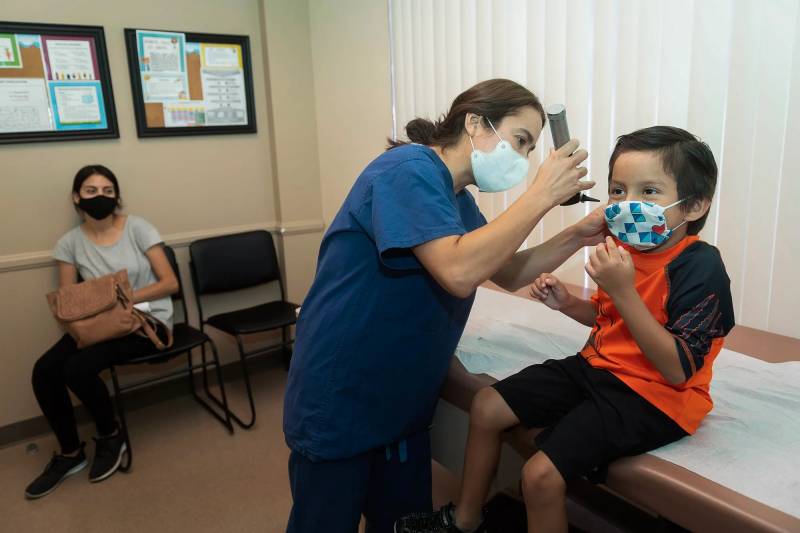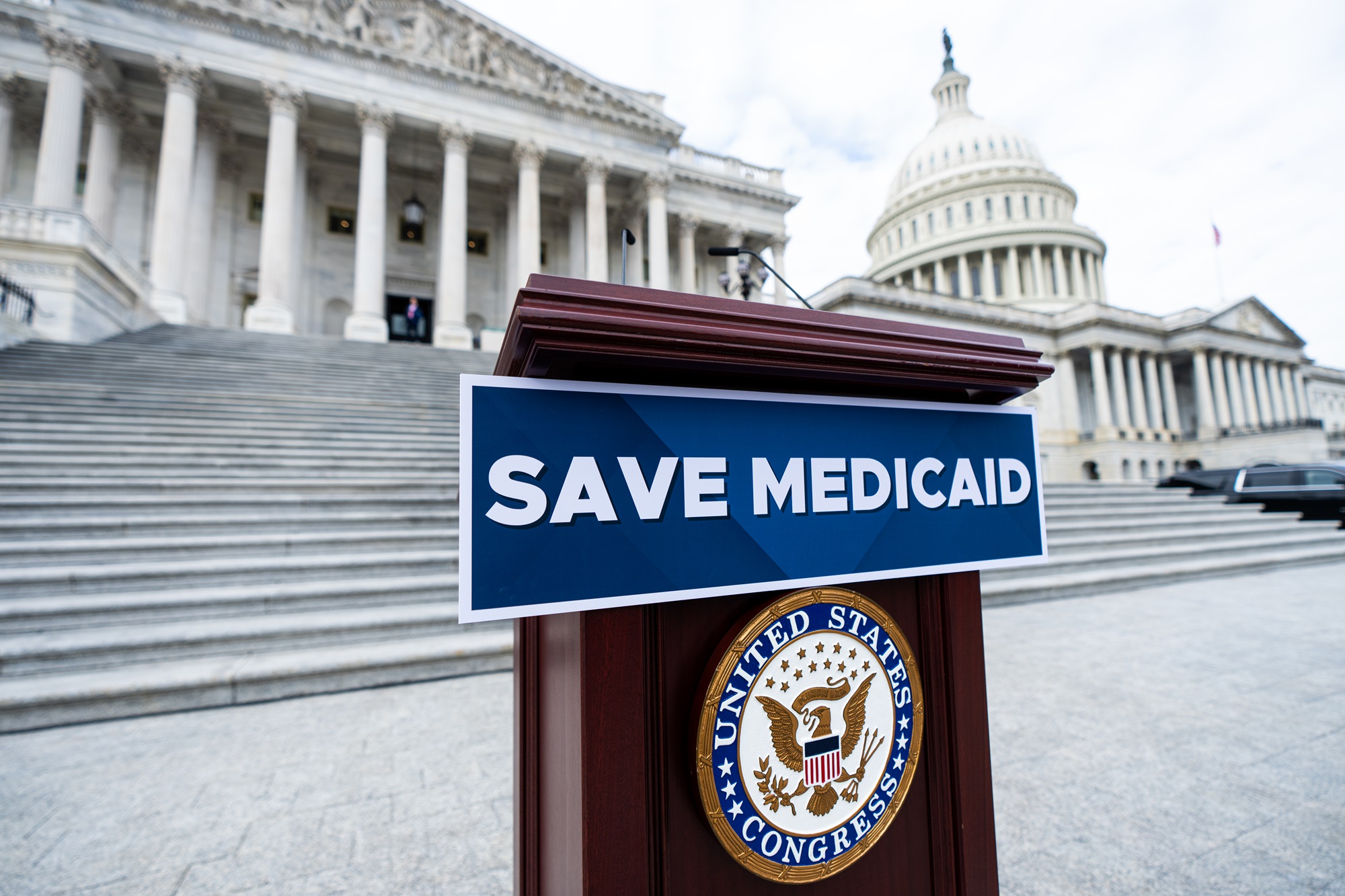Californians are expressing widespread worry about the future of Medicaid, as Republicans in Congress weigh cuts to the program that covers health care for Americans with low incomes and disabilities.
GOP leaders are looking for budget savings to pay for the extension of tax cuts favored by President Donald Trump, but the idea of cutting Medicaid has raised alarm among some in the party — including California Republicans who represent districts with high numbers of Medicaid recipients. A pair of surveys released this week by the UC Berkeley Institute of Governmental Studies found broad concern about Medi-Cal, the state’s Medicaid program, among California voters.
A full two-thirds, 67%, of registered voters who receive coverage through Medi-Cal are worried that they, or a family member, will lose insurance due to changes being pursued by the Trump administration. In a separate survey, 56% of voters polled said that the Trump administration’s proposed changes to Medi-Cal will have a “negative impact” on California.



